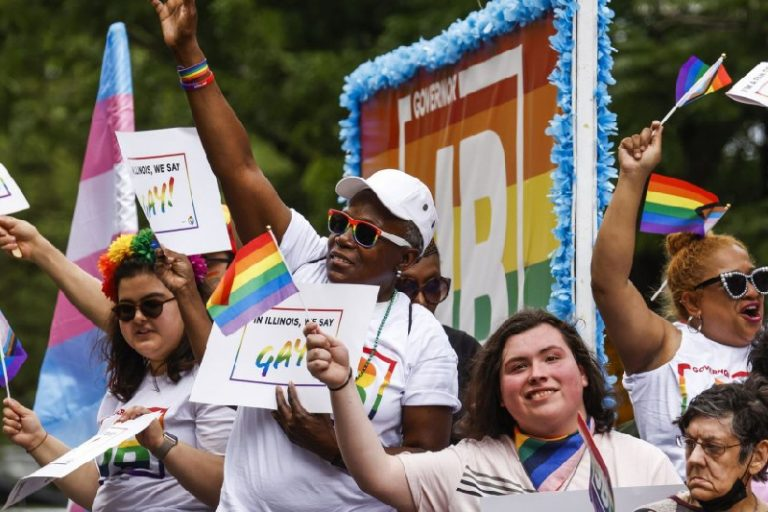UNHRC's Historic Resolution Secures Intersex Rights, A Milestone For Human Rights
The recent decision by the UN Human Rights Council (UNHRC) to adopt a resolution focused on protecting the rights of intersex people marks an important breakthrough in the ongoing struggle for human rights and dignity. This resolution is groundbreaking as it specifically addresses the unique challenges faced by intersex individuals, signaling a watershed moment in international recognition of their rights.
Intersex people, often marginalized and overlooked in conversations around gender and sexuality, have long advocated for greater visibility and security of their rights. The approval of this resolution represents a pivotal step toward ensuring the humanity and respect of intersex individuals globally. It sends a strong message that their voices matter and that their rights deserve recognition and protection under international law.
Constructive Collaboration
The resolution passed thanks to the collaborative efforts of several countries that took a proactive stance in championing intersex rights. Key leaders in this endeavor included Finland, South Africa, Chile, and Australia, who worked together to build consensus and garner support from other member states.
Constructive negotiations were characterized by a spirit of inclusiveness and solidarity, as nations came together to bridge differences and find common ground in advancing intersex rights. Despite the complexities of international diplomacy, commitment to upholding human rights standards ultimately prevailed, leading to the resolution’s approval by the UNHRC.
The constructive collaboration that enabled this achievement demonstrates the power of multilateralism in addressing pressing human rights issues. By cooperating across borders and ideological divides, countries were able to effect positive change and further the cause of intersex rights globally.
Addressing Discrimination and Violence
At the core of the resolution is a call to action for member states to tackle discrimination, violence, and harmful practices faced by intersex people. This significant provision recognizes the systemic abuses intersex individuals endure and calls for concrete steps to eliminate unjust laws and customs that perpetuate their marginalization.
By highlighting the specific challenges encountered by intersex people, the resolution aims to challenge social norms and attitudes that enable shame and segregation. It urges member states to implement proactive measures promoting the physical and mental well-being of intersex individuals and ensuring their full inclusion and support in society.
Additionally, the resolution affirms that intersex people’s rights are human rights deserving of protection under international law. It underscores the fundamental principles of equality and non-discrimination enshrined in the Universal Declaration of Human Rights and calls on member states to uphold these standards in their treatment of intersex people.
Universal Acknowledgment and Future Outlook
The adoption of this resolution marks an important breakthrough in the broader struggle for intersex rights, signaling growing recognition of their rights within the international community. It provides a foundation on which future advocacy efforts can be built, empowering intersex people and allies to continue pushing for change at national and global levels.
Looking ahead, the resolution’s passage opens new avenues for discussion and collaboration on intersex rights issues. It invites member states, civil society organizations, and other stakeholders to come together to develop tangible policies and approaches to advance the rights and dignity of intersex people.
Additionally, the resolution sets a benchmark for future action on intersex rights within the UN framework and beyond. It sends a clear message that discrimination and abuse against intersex people will not be tolerated and that member states have a responsibility to uphold their human rights commitments.
The approval of this resolution by the UNHRC represents an important victory for intersex rights and an affirmation of the power of global cooperation in advancing human rights for all. Moving forward, we must continue building on this momentum and working together to ensure the rights and dignity of intersex people are fully realized worldwide.



Comments
Post a Comment